Hair Fall? Try These Top 5 Foods Today
I often get asked: “Luke, you say that food has the ability to heal. Can it help prevent, manage, or reverse hair loss?” Today I wanted to address this for all of you.
Let me begin by letting you in on a secret. Hair care is an inside-out approach. You can lather the most expensive shampoos, and conditioners or undergo the most luxurious treatments. But if you do not take care of your body’s internal environment by eating clean, sleeping better, moving more, and managing your stress levels, you will still struggle with hair loss and related issues.
Yes, losing a couple of strands is normal. The American Academy of Dermatologists suggests that an average person loses 50 to 100 hair per day (this also depends on the length and thickness). Those with shorter or thinner hair tend to shed less. But if you are experiencing hair fall or shedding in bunches, there is a good chance that it is pointing at a bigger underlying problem and the root cause that you need to address.
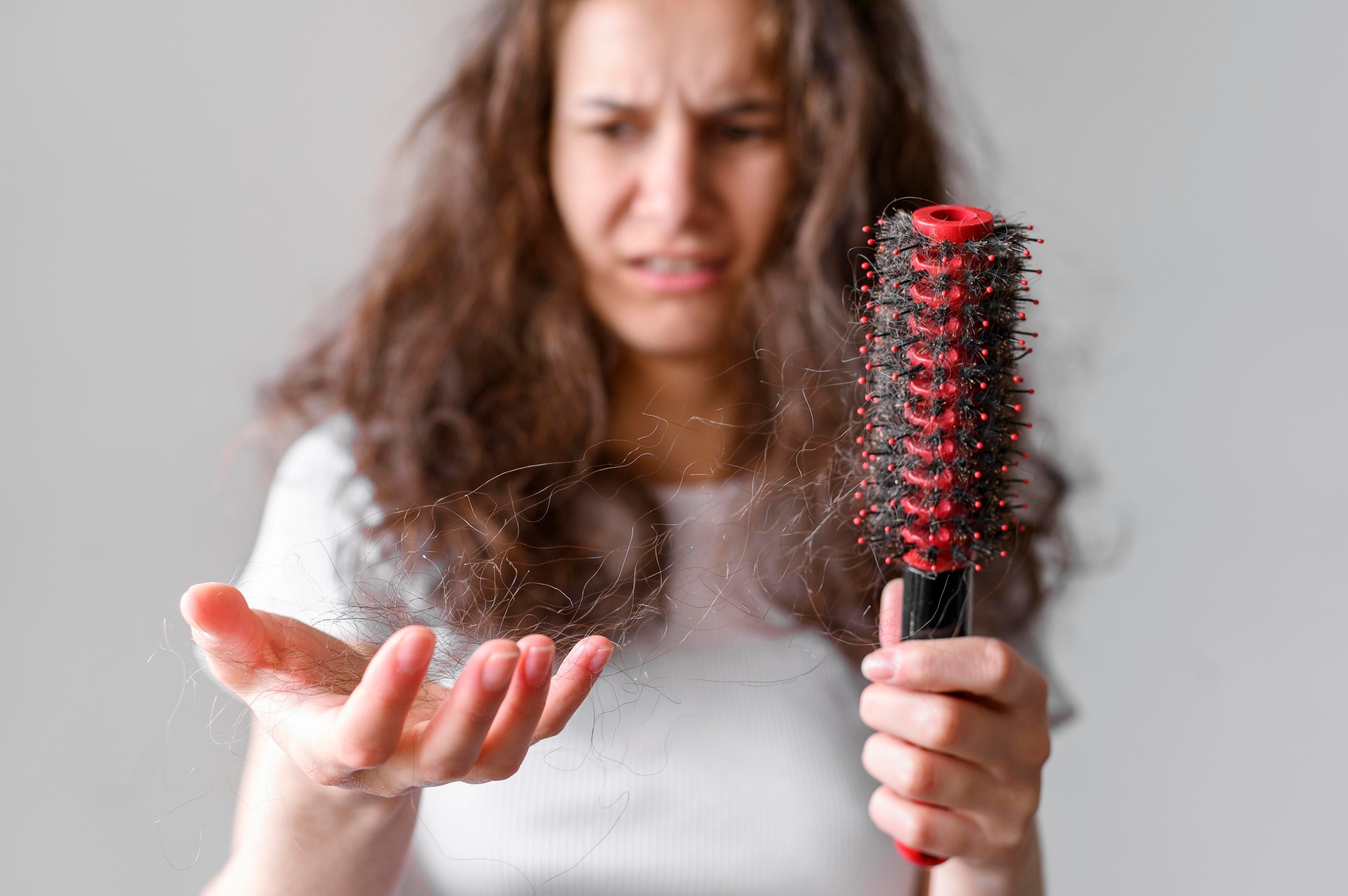
How your hair looks can also be a reflection of your body’s inner body state. In most cases, this could mean that you have a nutrient deficiency or perhaps even hormonal imbalance, poor gut health, low hemoglobin levels, chronic stress, sleep deprivation, or this may be the after effect of vices like excessive smoking and binge drinking. Several factors come into play. So speaking to your healthcare or integrative experts to find the root cause is crucial.
This being said, coming back to your question: Can nutrition play a role in managing or preventing hair loss? Yes, it can, but it will never work alone. You can eat a neverending list of superfoods, but to experience the best results, you need to work on all aspects of your lifestyle.
How does a nutritional deficiency affect your hair?
In integrative and lifestyle medicine, we believe that what you put into your body is within your control. This makes nutrition one of the easily controllable factors in preventing or managing hair fall.
What are some nutrients that can affect your hair health? Right from protein to vitamins like B7 (biotin), A, D3, C, E, and minerals such as zinc, iron, folic acid, selenium, and boron – each of these play a role. Being deficient in even one of these vitamins or trace minerals will impact your hair. This is why we always discourage people from falling into the trap of fad diets that deprive you of macro and micronutrients.
Here are the top 5 foods that can prevent and help manage hair fall:
#1 Curry leaves
This is one of the most commonly found spices in every Indian kitchen, home, or even garden. Curry leaves are magical when they come to your hair health. This may explain why it is used so religiously across civilizations to maintain beautiful hair. Curry leaves are rich in beta-carotene, proteins, iron, calcium, vitamin C, and phosphorus. They are particularly effective to prevent hair loss and premature greying.
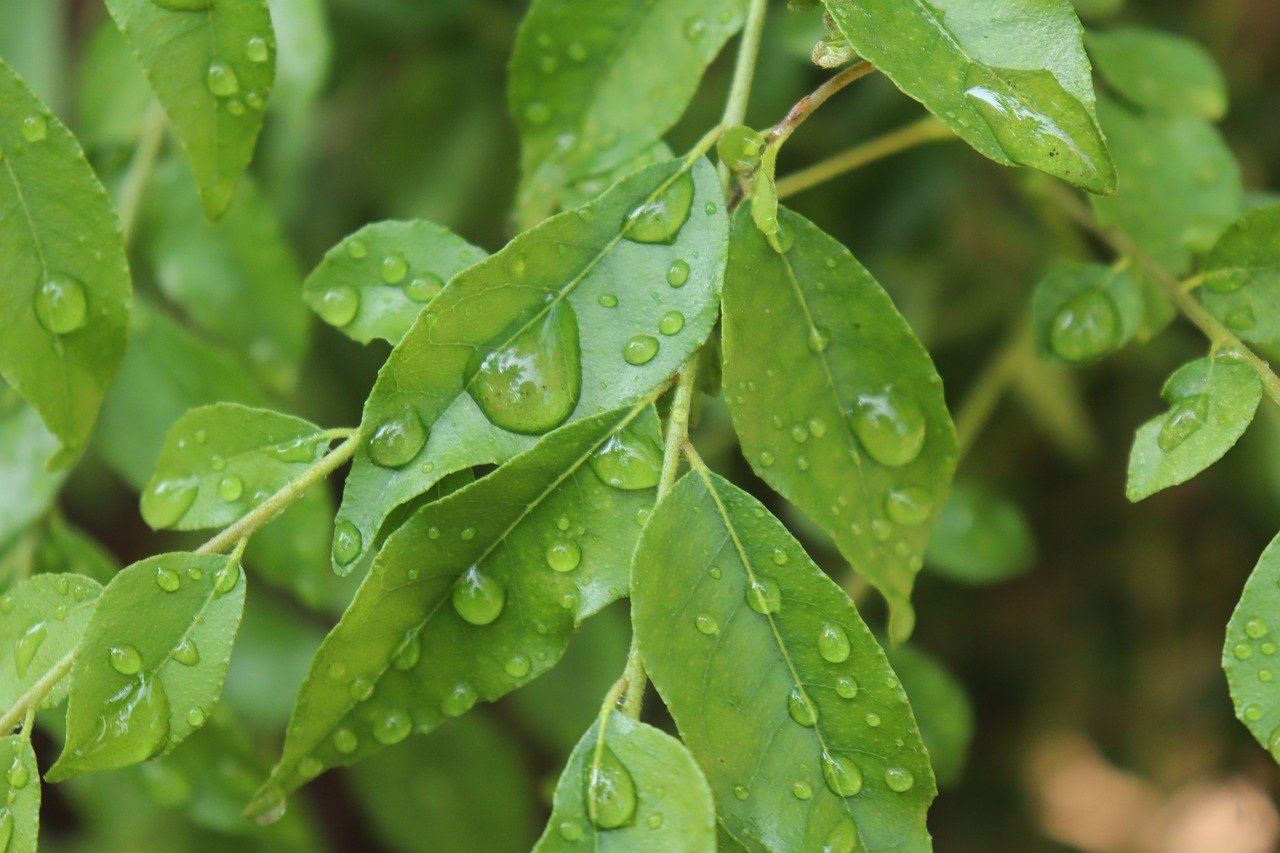
How to use it?
- You can add curry leaves as tempering to a variety of sabzis, dals, curries, chutneys, or even buttermilk.
- You can add them to your daily vegetable juice or even chew on them as is.
- One of the most effective ways to use curry leaves for hair is topical application. Turn most bottles of Ayurvedic or herbal hair oils, and you will learn that this wonder leaf is high up on the ingredient list. Struggling with premature graying, hair fall, dandruff, and lackluster hair? Try these 3 DIY herbal oils today.
- Shop for curry leaves here.
#2 Beetroot
Beetroot is loaded with Vitamin B6, Vitamin C, fiber, folate (vitamin B9), manganese, potassium, iron, and carotenoids. Known as the red turnip, this humble root vegetable when consumed in its whole or even juiced form, can help improve blood circulation towards the scalp. It is rich in nitric oxide, which acts as a vasodilator and allows the free flow of blood. Beetroot is also rich in antioxidants that fight free radical damage. Oxidative stress is one of the primary causes of hair fall.
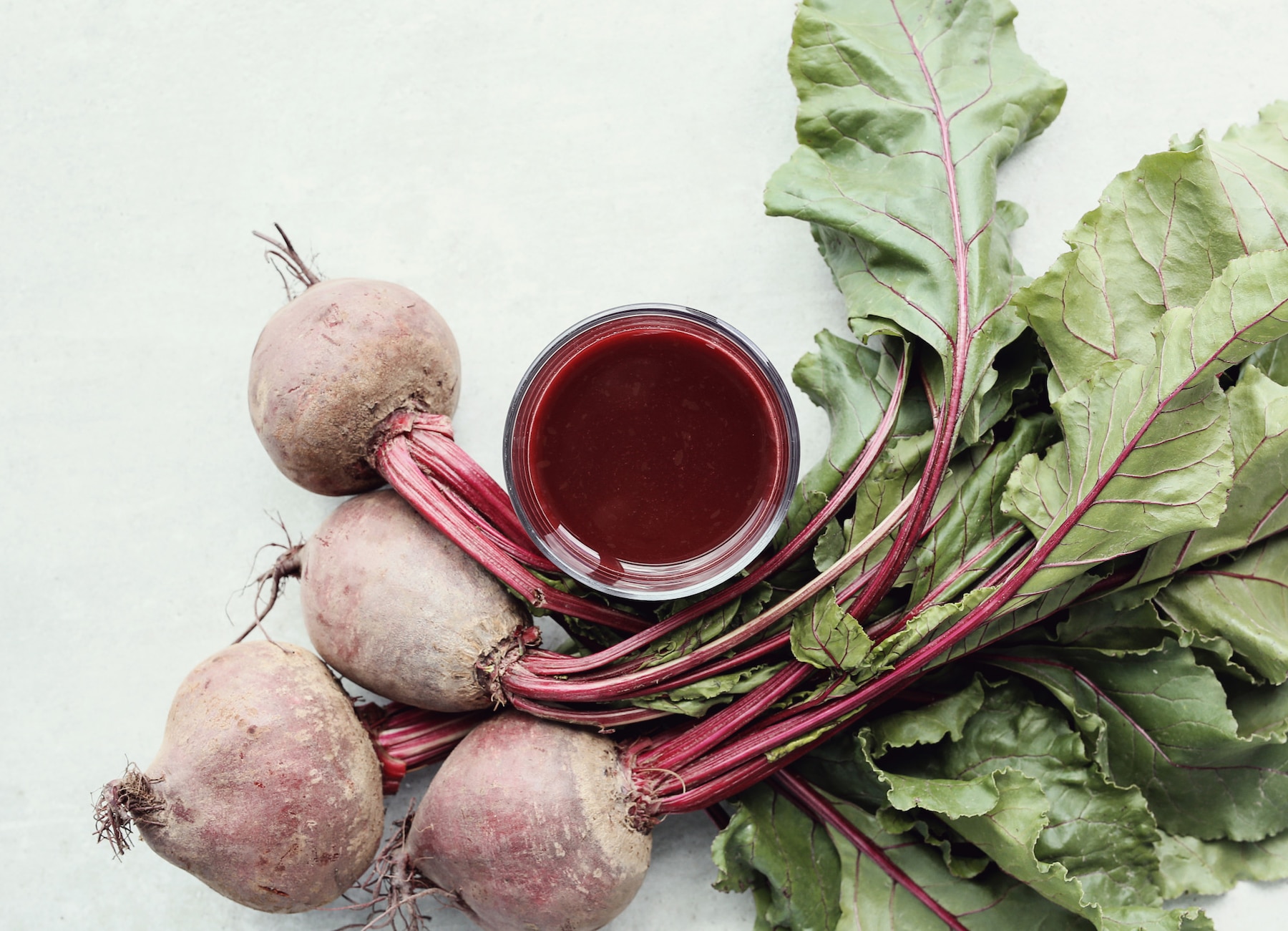
How to consume?
- You can juice it. Check out this Beetroot Smoothie recipe.
- Turn it into a delicious soup or simply add it to your salad.
- Try this Beetroot Khichdi.
- Love desserts? Add some beet magic to it. Try this Avocado Beetroot Mousse.
- You can even opt to make this South Indian stir fry – Beetroot Poriyal.
- Level up your snacks with this antioxidant-rich beetroot dip.
- Shop for beetroot here.
#3 Protein-rich foods
Your hair is made up of a key structural protein called keratin. So the importance of adding good quality protein to your meals remains unchanged. But remember this: the overconsumption and under-consumption of protein can both lead to hair fall. So get the right quantity and quality in your nutritional plan.
Ways to consume:
- A khichdi which is a combination of rice and lentils is a perfect complete protein. Try some interesting khichdi recipes here.
- Similarly, you can also add beans and rice. Try this delicious grandma’s all-time favorite Rajma Chawal recipe.
- Other sources of protein-rich foods include nuts, seeds, organic and hormone-free eggs, chicken, and fish. These are also loaded with Vitamin B7 (biotin) which is crucial for hair growth.
- Hummus is an excellent superfood and snack for shiny and lustrous hair. It is rich in the spectrum of B vitamins, protein, omega-3 fatty acids, zinc, iron, vitamins A, D, B7, E, C, and more. Check out some innovative hummus recipes here.
- Try this natural protein booster. Shop for best quality protein here.
#4 Iron-rich foods
Do you have a low red blood cell count or hemoglobin? Chances are you may experience hair fall. Add iron-rich foods to your nutrition like dates, nuts, and seeds, garden cress seeds, moringa, spinach, lentils, lemons, and so on.
How to consume?
- You can amplify the nutrition of iron-rich foods when you understand and use the right food synergies. What does this mean? You need to combine it with certain foods to experience the best results. For instance, Vitamin C helps you absorb iron well. Sprinkle lemon juice over green leafy vegetable dishes before eating.
- Also, understand that caffeine and tannins are iron inhibitors. It means that when you have had an iron-rich meal, avoid drinking coffee or tea immediately after it. It will not let your body assimilate and absorb iron the right way. So, always maintain a gap of at least an hour between meals and tea/coffee. Source quality iron ingredients here.
#5 Onions
Onions contain catalase. This enzyme is effective in not only preventing hair fall but also managing premature greying. Another reason why onion juice is a treasured kitchen remedy when it comes to maintaining the health of your hair. Onion is also rich in sulfur, the main ingredient of melanin, a pigment that gives your natural hair color.
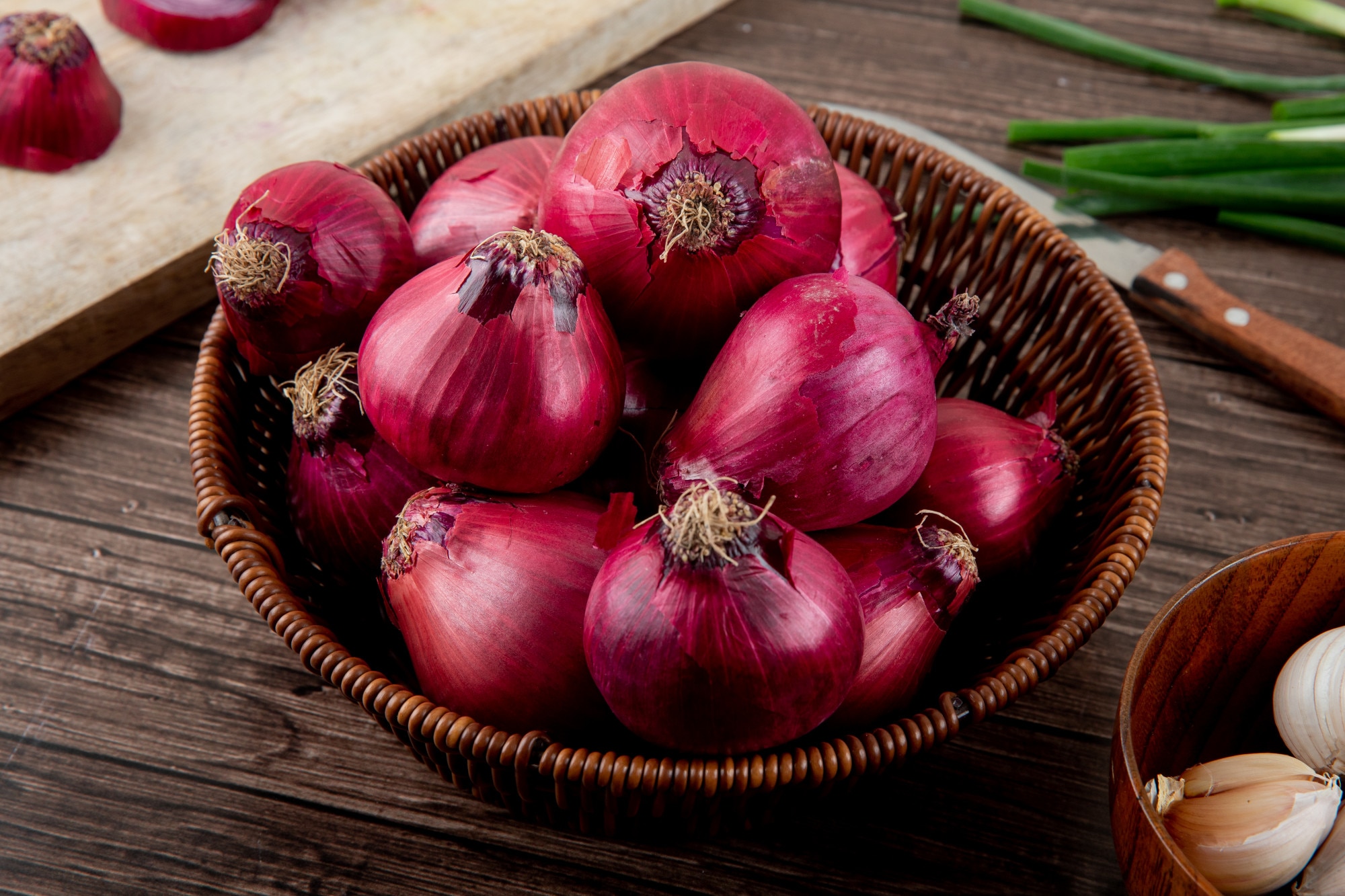
How to consume?
- Having raw onion alongside your meals is a traditional practice that Indians have been following for centuries.
- Add onions to your salads, curries, sabzis, and other preparations.
- Drink onion juice or you can even use it for direct topical application to your hair or scalp. Always conduct a patch test to rule out any allergies.
- Shop for ethically grown and sourced onions here.
The bottom line
While I hope these foods can help you, I also want you to remember that there is no magic food or supplement that can stop your hair fall. You need to look at your lifestyle and manage/prevent hair fall through a holistic lens. Reflect deeply on what and how you eat, whether you are moving adequately, sleeping deeply, managing your stress/emotions, and what chemicals you are exposing your hair.
Disclaimer: Please keep your healthcare provider in the loop before introducing any new food item into your lifestyle, especially if you have a medical health condition or are on medications. In case you are allergic to certain foods, please avoid the same.
|
From a pimple to cancer, our You Care Wellness Program helps you find a way Talk to our integrative team of experts today 18001020253 |

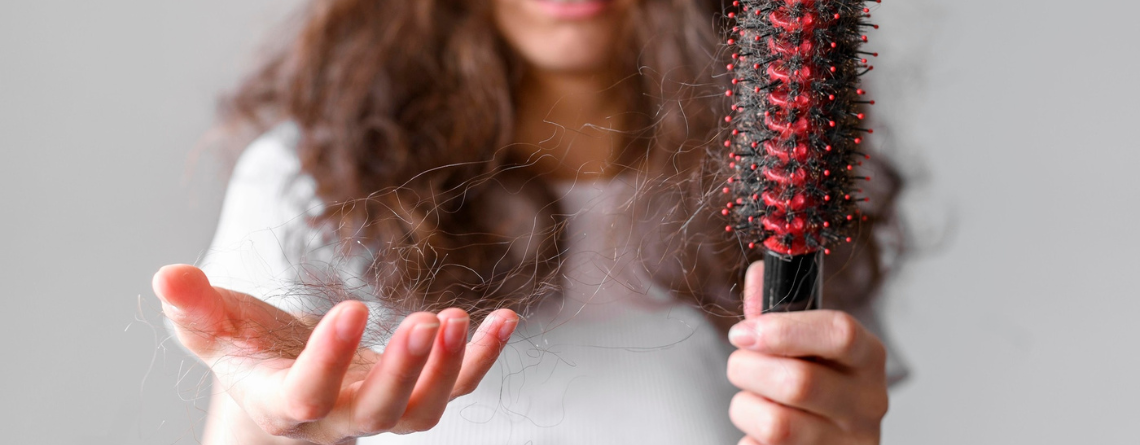
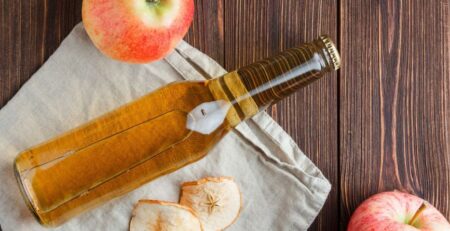
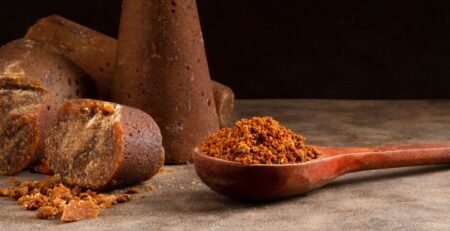
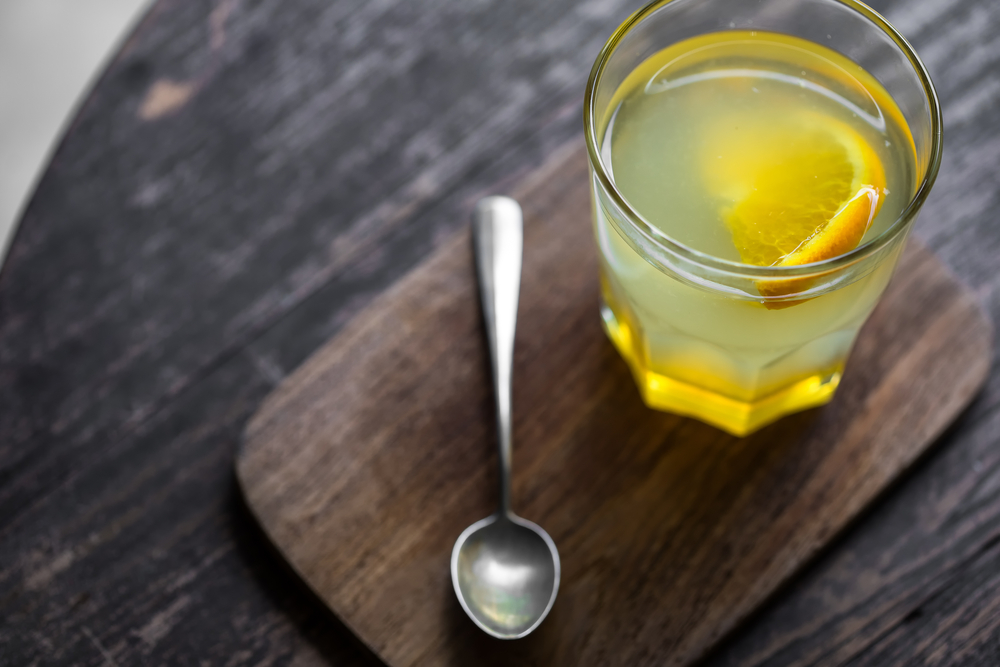
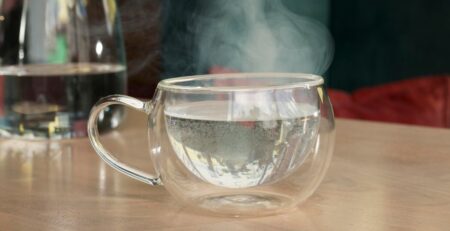


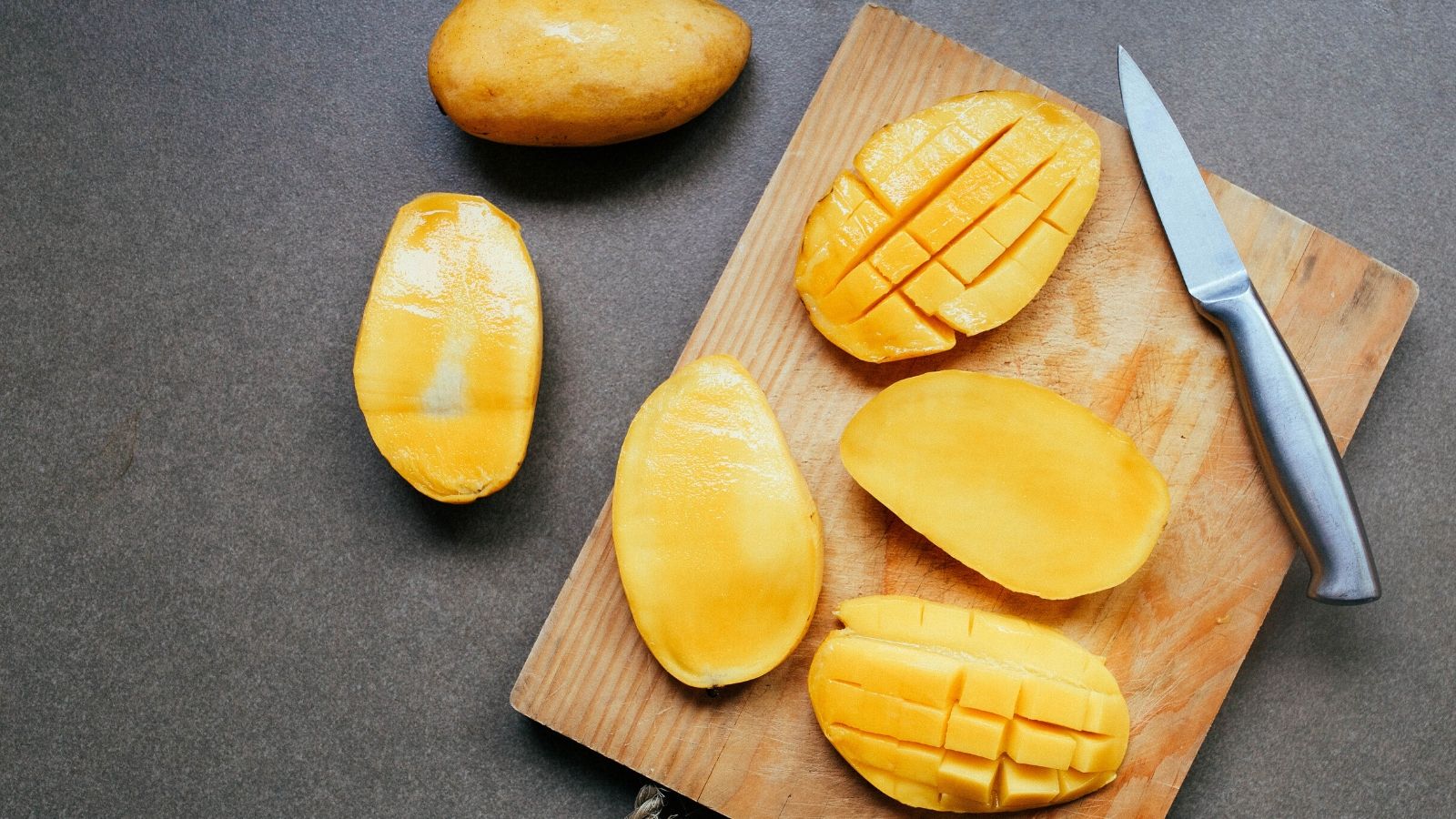
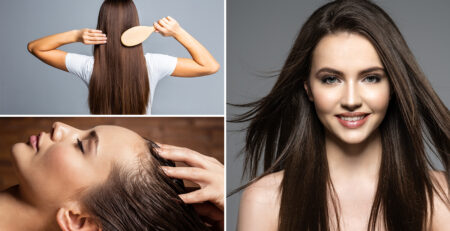
Leave a Reply